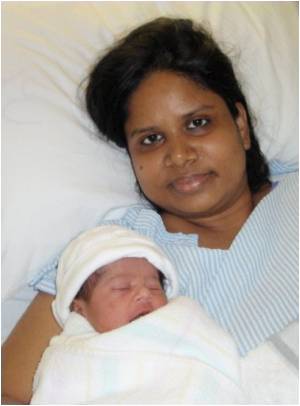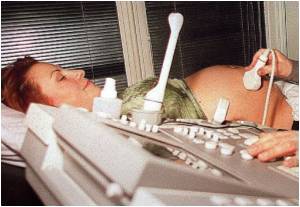A recent research has revealed that women who give birth after suffering pelvic fractures are more likely to receive C-sections rather than have a normal delivery.

More than 100,000 patients are treated for pelvic fractures each year in the U.S., most commonly after car accident injuries.
Lisa Cannada, M.D., associate professor of orthopaedic surgery subspecializing in traumatology at Saint Louis University and lead researcher, says the study offers important information women should discuss with their doctors.
"The C-section rate is so high. It's important to educate women and their obstetricians that it is possible to deliver vaginally after a pelvic fracture," said Cannada, who is also a SLUCare orthopaedic surgeon.
"Frequently, these issues are not addressed when women are first treated for a fracture. In some cases, women are given inaccurate information, such as being told not to become pregnant after a pelvic fracture or that they must have a C-section. This is not the case."
Researchers also found that, in addition to anxiety about future pregnancies, women expressed concern about symptoms related to their injuries and also frequently suffered from urinary symptoms and discomfort during sex.
Advertisement
In many cases, Cannada says, women do not realize their symptoms are related to the fracture they suffered. Urinary issues, sexual dysfunction and post-traumatic stress disorder all can follow a pelvic fracture.
Advertisement
"Take charge," Cannada says. "Don't let a pelvic fracture affect your life or decision to have kids. Talk to your OB/GYN and find out what your best options are."
Source-Eurekalert











